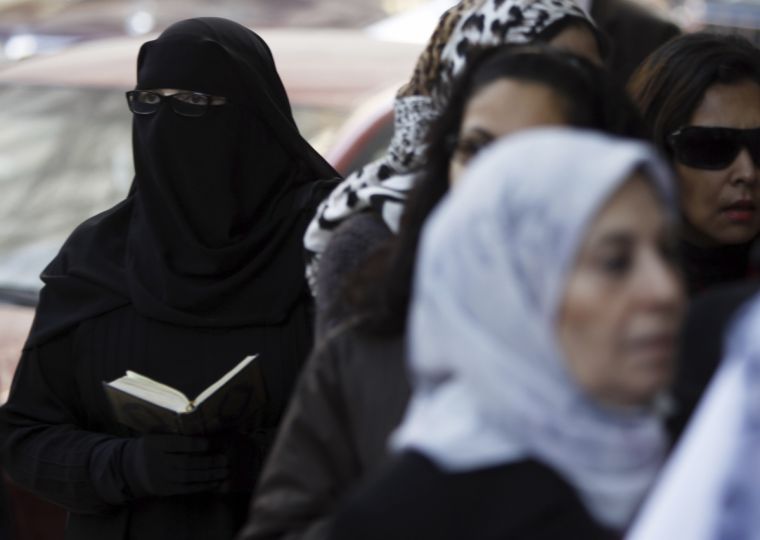Islam and the West: 'Worrying' report reveals Britons' attitudes to Muslims
More than half of Britons say Islam poses a threat to the West, a new study is claiming, as the UK becomes more polarised.
Although British people are generally becoming more liberal with a higher proportion of people supporting immigration, attitudes have hardened at either end of the spectrum.

The EU referendum appears to be one factor that reinforced divides, the research based on a Populus survey of 4,000 peope claimed, with views both in favour and opposed to leaving becoming more entrenched.
The study published by Hope not Hate, an anti-fascist campaigning charity, said that as Britain became more liberal since 2011, religious discrimination and Islamophobia had reduced.
However still 52 per cent of English people agree that Islam poses a threat to the West and 42 per cent say recent terror attacks have increased their suspicion of Muslims in Britain.
'The fear and hostility displayed towards Muslims is deeply worrying, despite most people claiming that they stand firm against extremists' attempt to conflate their heinous actions with that of an entire religion,' said Hope not Hate chief executive Nick Lowles.
'Clearly there is a lot of work to be done here, both by those tackling hate crimes and misinformation, and potentially by Muslim communities themselves.'
Billed as 'one of the most comprehensive studies of English attitudes towards contemporary issues', the report says there is a 'real space' for Nigel Farage to launch a new populist party with 15 per cent of people identifying him as the leader who most closely represents their views.
Pointing to earlier research, the report says the polarisation prompted by the EU referendum 'has continued and if anything deepened'.
It says: 'An increasing number of people are more tolerant and open to immigration and multiculturalism, but a quarter of society remain firmly opposed and, their views are hardening.'
Co-author Rosie Carter said although there had been a 'liberal surge' views were 'hardening'.
She said according to the Independent: 'The picture we got from the report is worrying. It shows that this is a country that's quite tense and there's a lot of concern about differences.
'These negative attitudes improved quite a lot between 2011 and 2016, but we've seen a reverse in the past year. And it's very divided: among the most liberal group 84 per cent would reject the association of Muslims with extremism, but around the same proportion of the least tolerant group would say that association is OK.'
She added: 'The key finding of the report was this polarisation in society. Where there's been a liberal surge after Brexit, attitudes have hardened as well.
'The response to the recent terror attacks have generally been a sense of togetherness, with the majority of Britons welcoming acts of unity. But while there is definitely this appetite, there is a stark division, which needs to be addressed.'











